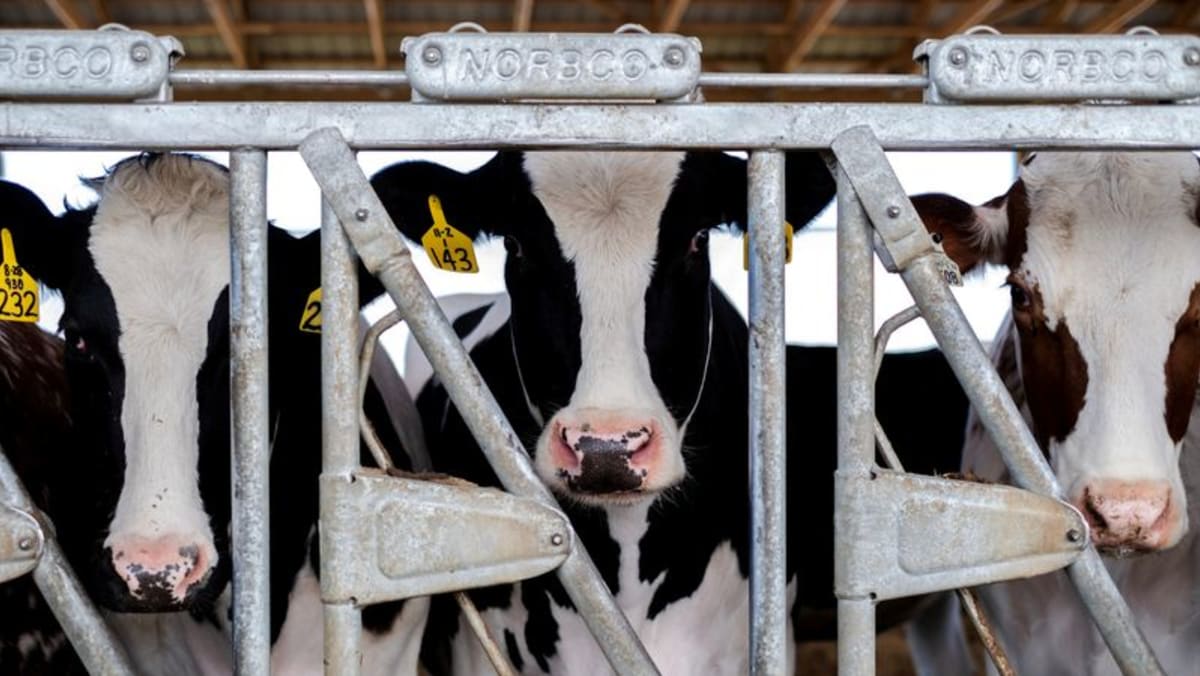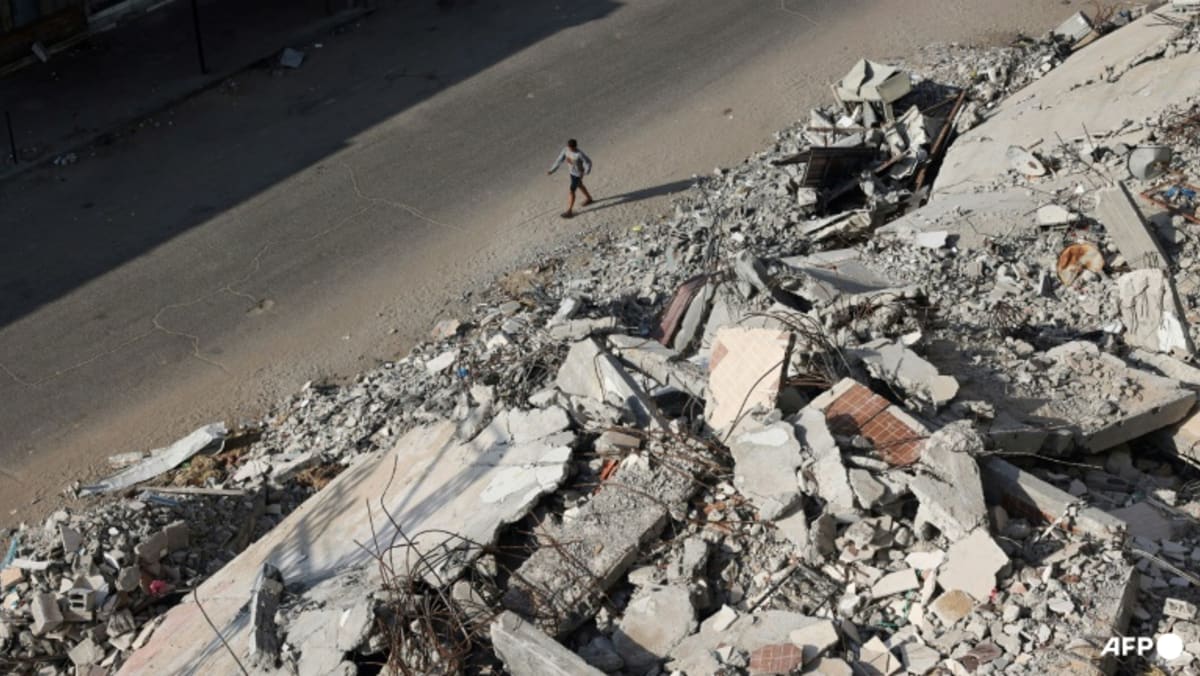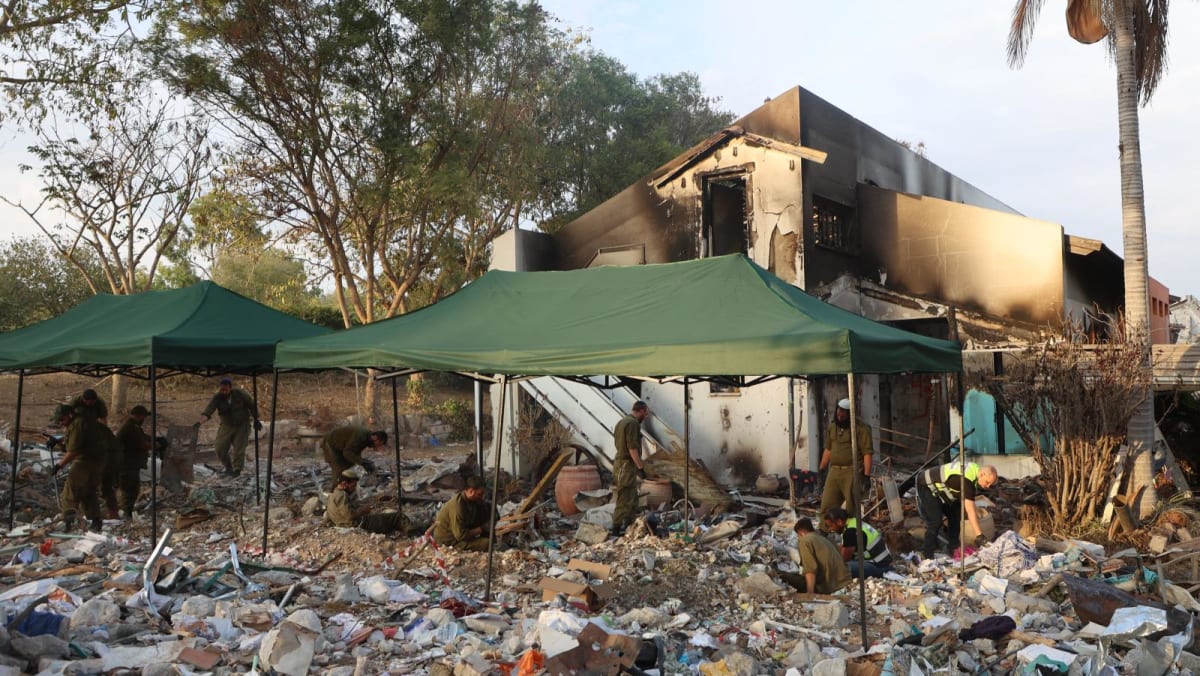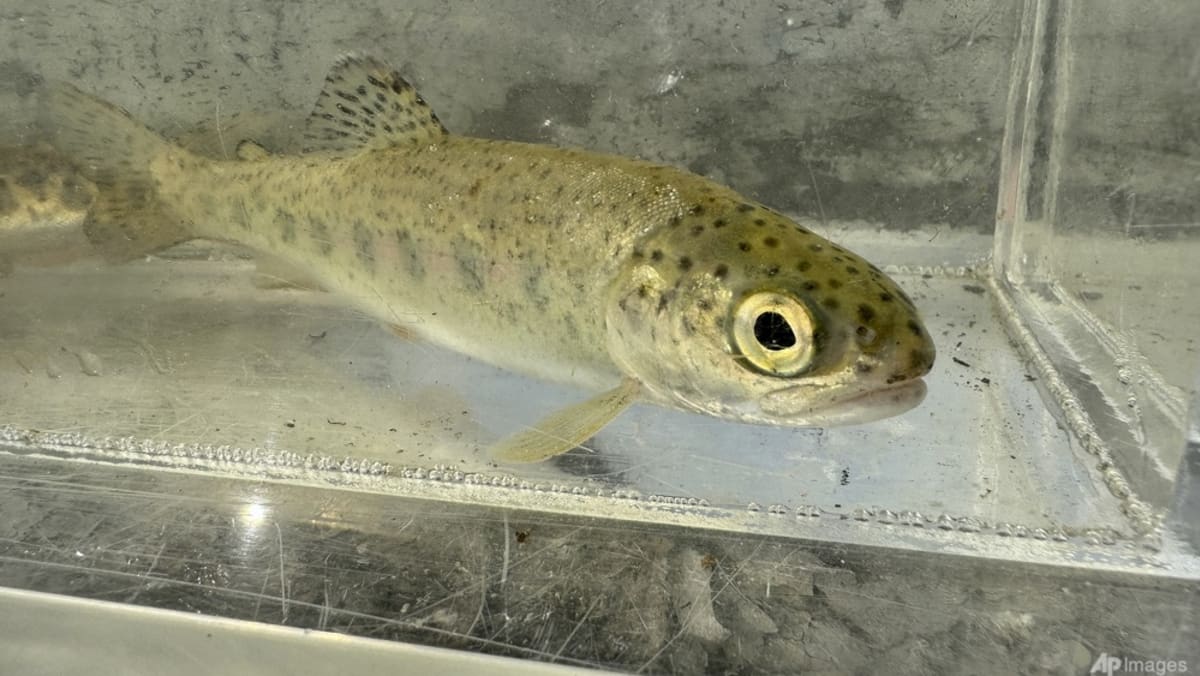WEST SUSSEX, England: With two in five plant species at the risk of extinction, giving a safe home to some of the world’s most threatened flora is a pressing concern.
In an effort to address the problem, the Millennium Seed Bank in the United Kingdom has built up a collection of 2.4 billion seeds representing more than 40,000 species.
They come from around 11,000 trees and shrub species.
The huge collection of wild plant seeds from around the world is kept safe underground in rural Sussex in England. They include contributions from Mozambique, Madagascar, and Armenia.
The seeds are X-rayed, dried, weighed, and sorted, then kept as a backup of the world’s wild plant species.
“There are various objectives. I would say perhaps the two main ones are first of all, to create almost like a Noah's Ark of plants so that if anything goes extinct, then we can use the seeds to reintroduce them to the wild,” said Asia coordinator of Millennium Seed Bank Partnership Kate Hardwick.
“But a more immediate use is to use the seeds for research. So this might be research into crop production, looking at the wild relatives of crop species, or it might be research into rare species perhaps to find out why they are so rare, and how to propagate them, and how to reintroduce them to the wild.”
NEED FOR CONSERVATION
Plant species are dying out around 500 times faster than before humans started to shape the world.
Modifications to land use and rapid climate change are largely to blame.
Despite having the most comprehensive collection anywhere, only around 10 per cent of the world’s plant species have made it to the bank so far. However, the collection has already been used to provide native seeds for restoration projects and guarantee the safety of species already extinct in the wild.
"We have this old adage that there's no technological reason why anything should go extinct - really. We know how to keep it alive. We know how to get it into a safe place and keep it alive. And that's what drives people like myself ... seed banks can do something about species and habitat loss," said conservation partnership coordinator at Millennium Seed Bank Partnership Tim Pearce.
The seeds are cooled to minus 20 degrees Celsius to stop them germinating and slow decomposition, and then locked in a flood, fire, and radiation-proof vault. They are kept until a country needs a sample, at which time around 50 seeds would be taken out, put in an envelope, and sent to wherever they need to go.
REPATRIATING SEEDS
When CNA visited the facility, several hundred species of seeds were being prepared for return to Thailand. The country, with assistance from the Millennium Seed Bank, has set up its own national seed bank.
“They’re stored in foil bags with as much air pushed out as possible, and heat-sealed, so that is an air-tight, ready-dried collection. And it’s pretty much as safe and stable as we can make it,” said Ms Hardwick.
Above ground, plants from seeds kept in the bank are grown. It is a way to verify the seeds are indeed the species labelled on the package, and to make sure they are viable.
These rare and endangered plants challenge the skills of gardeners, whose job is to encourage growth in plants that may not feel much at home in England.












 English (US) ·
English (US) ·  Turkish (TR) ·
Turkish (TR) ·